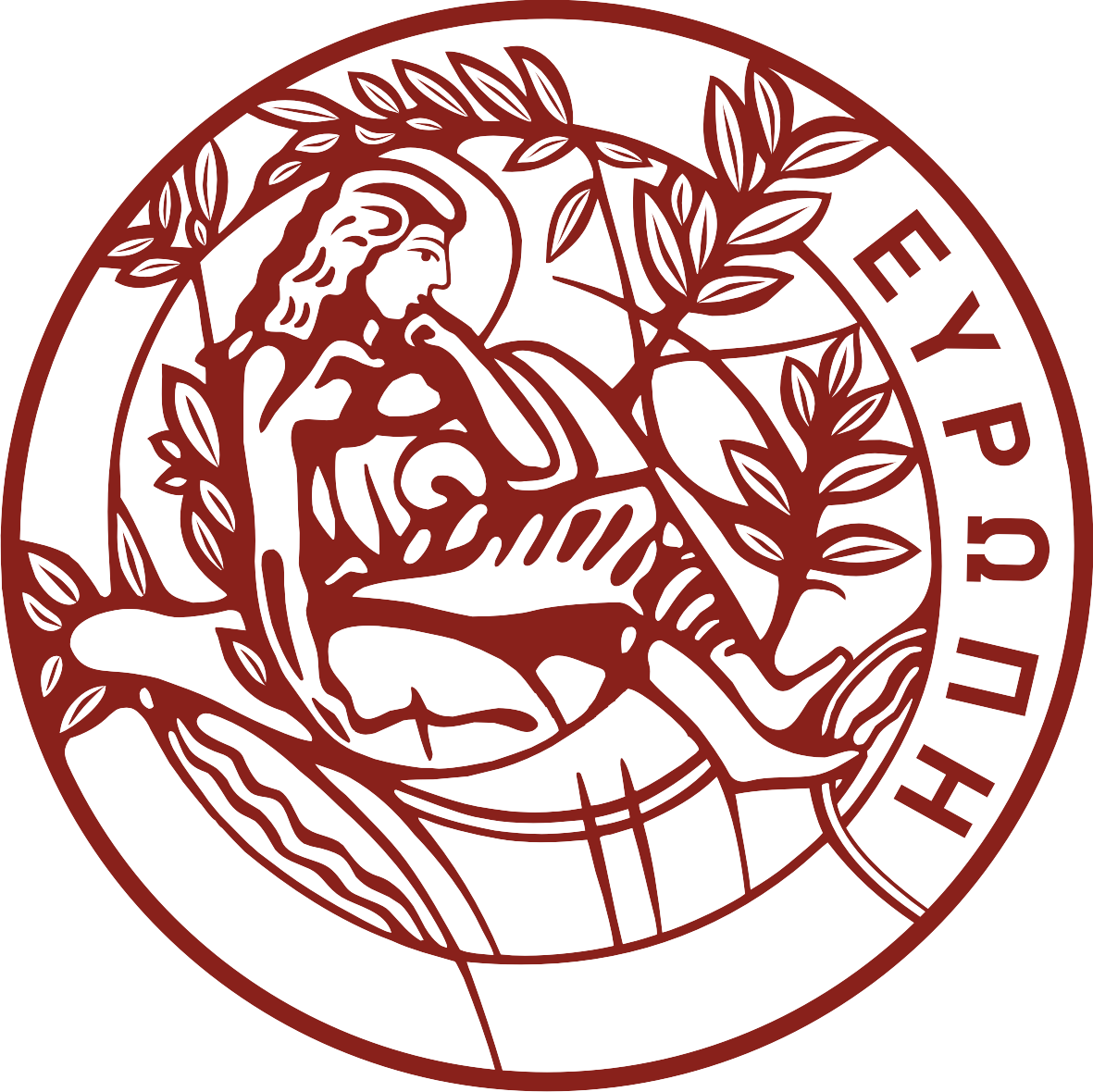In this page you will find the research activities that are currently being carried out in CSD according to the research areas that the faculty members are actively contributing to.
The Graduate Studies Program in the Computer Science Department at the University of Crete is carried out in close cooperation with the Institute of Computer Science (ICS) of the Foundation of Research and Technology (FORTH). This collaboration includes:
(1) Researchers and scientists from ICS-FORTH may undertake the teaching of graduate courses.
(2) Researchers from ICS-FORTH may participate in the supervision of M.Sc. and Ph.D. theses, after approval by the Coordinating Committee for Graduate Studies and by ICS-FORTH.
(3) After application by a supervisor or by the Coordinating Committee for Graduate Studies, and assuming permission is granted by ICS-FORTH, graduate students may be given access to the hardware, software and in general the laboratory facilities at ICS where they may carry out part or all of their research.
(4) The Department and ICS-FORTH may jointly invite professors and researchers from other institutes of higher education within Greece or in other countries to give seminars, lecture series, even complete courses, and to collaborate research-wise with researchers and graduate students of the Department and of ICS-FORTH.
(5) The Institute of Computer Science at FORTH provides a number of bursaries for graduate students and supports financially collaboration of graduate students with other Institutes of Higher Education and Research Centers, within its limits and in accordance with the familiar stipulations.



 Announcements
|
News
Announcements
|
News

